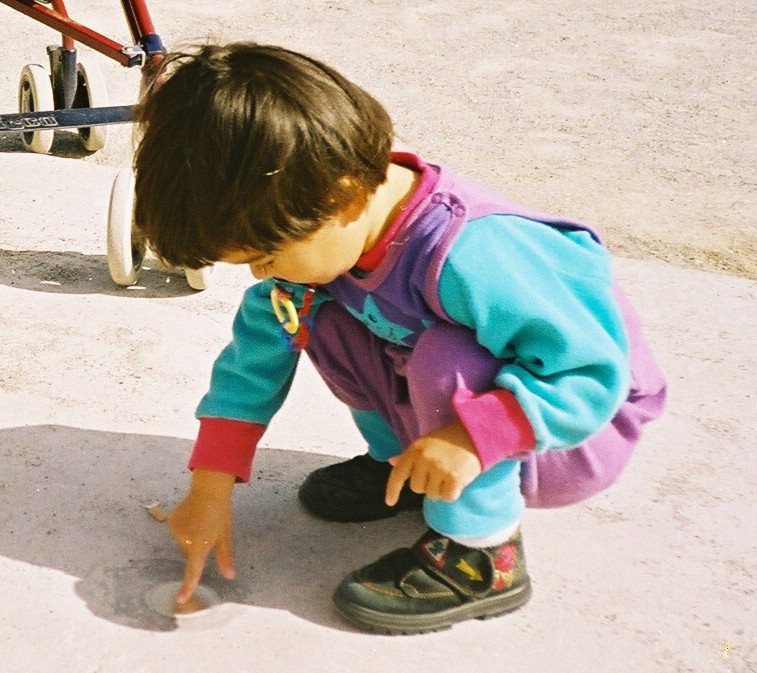Is My Child Too Young for School?
Introduction
“Will they cry every morning?” “Can they even understand what school is?”
If these questions keep you awake, you’re not alone. 68% of parents admit to doubting their child’s readiness for school (Global Parenting Survey, 2023). At Omkar School, we don’t just acknowledge these fears — we address them with facts, empathy, and proven strategies.
What Research Says About Age & Readiness
-
The Magic Window:
-
Children aged 2–3 years begin developing social curiosity — a biological drive to interact with peers (NIH Study, 2021).
-
90% of brain development happens by age 5, making early years critical for language, motor skills, and emotional regulation (UNICEF).
-
-
The “Too Young” Myth:
-
76% of children who start preschool at 2–3 years old show 40% faster adaptability to structured environments by age 4 (Journal of Early Childhood Research).
-
Early schooling ≠ academic pressure. It’s about play-based learning: stacking blocks builds math readiness, and sharing crayons teaches empathy.
-
Parent Concerns vs. Reality
Top 3 Worries (and What Data Says):
1️⃣ “They still need help eating/using the toilet.”
-
Fact: 82% of preschools (including Omkar) expect accidents and design routines around them. Teachers assist gently until independence grows.
2️⃣ “They’ll feel abandoned.”
-
Fact: Separation anxiety peaks in Week 1 but drops by 63% by Week 3 as trust in teachers builds (Child Psychology Institute, 2023).
3️⃣ “They won’t learn anything useful.”
-
Fact: Children in play-based programs develop 2.5x stronger problem-solving skills than home-only peers (Stanford Study, 2022).
5 Signs Your Child Is Ready (Even If They Seem ‘Young’)
-
Imitates Actions: Copies you “reading” a book or “cooking” pretend food.
-
Brief Independence: Plays alone for 10–15 minutes.
-
Social Spark: Shows interest in other kids (stares, smiles, or points).
-
Simple Instructions: Follows 2-step requests like “Pick up the toy and put it here.”
-
Curiosity: Asks “What’s that?” or explores new objects.
How Omkar School Eases the Transition
-
Gradual Entry: First week = 1-hour sessions with parent nearby.
-
No Forced Participation: Children observe until they feel safe to join.
-
Daily Updates: Photos and notes show real-time progress.
When to Wait (and It’s Okay!)
Consider delaying if your child:
-
Has severe separation anxiety lasting >6 weeks (consult a pediatrician).
-
Faces major life changes (new sibling, moving homes) within the last 3 months.
-
Prefers solitary play 100% of the time (may need social skills therapy first).
Closing Note from Omkar School
Starting school isn’t about age — it’s about readiness. And readiness grows best in nurturing environments. Trust your instincts, but also trust the science: young brains are wired to adapt, explore, and thrive.
💡 Remember: 92% of parents who hesitated later said, “I wish I’d started sooner.”
Next Blog Teaser:
Blog 2: “Why Does My Child Fall Ill After Starting School?”
(Sneak peek: 70% of kids face minor illnesses in the first 6 months. Here’s why it’s a hidden superpower.)
.png)







